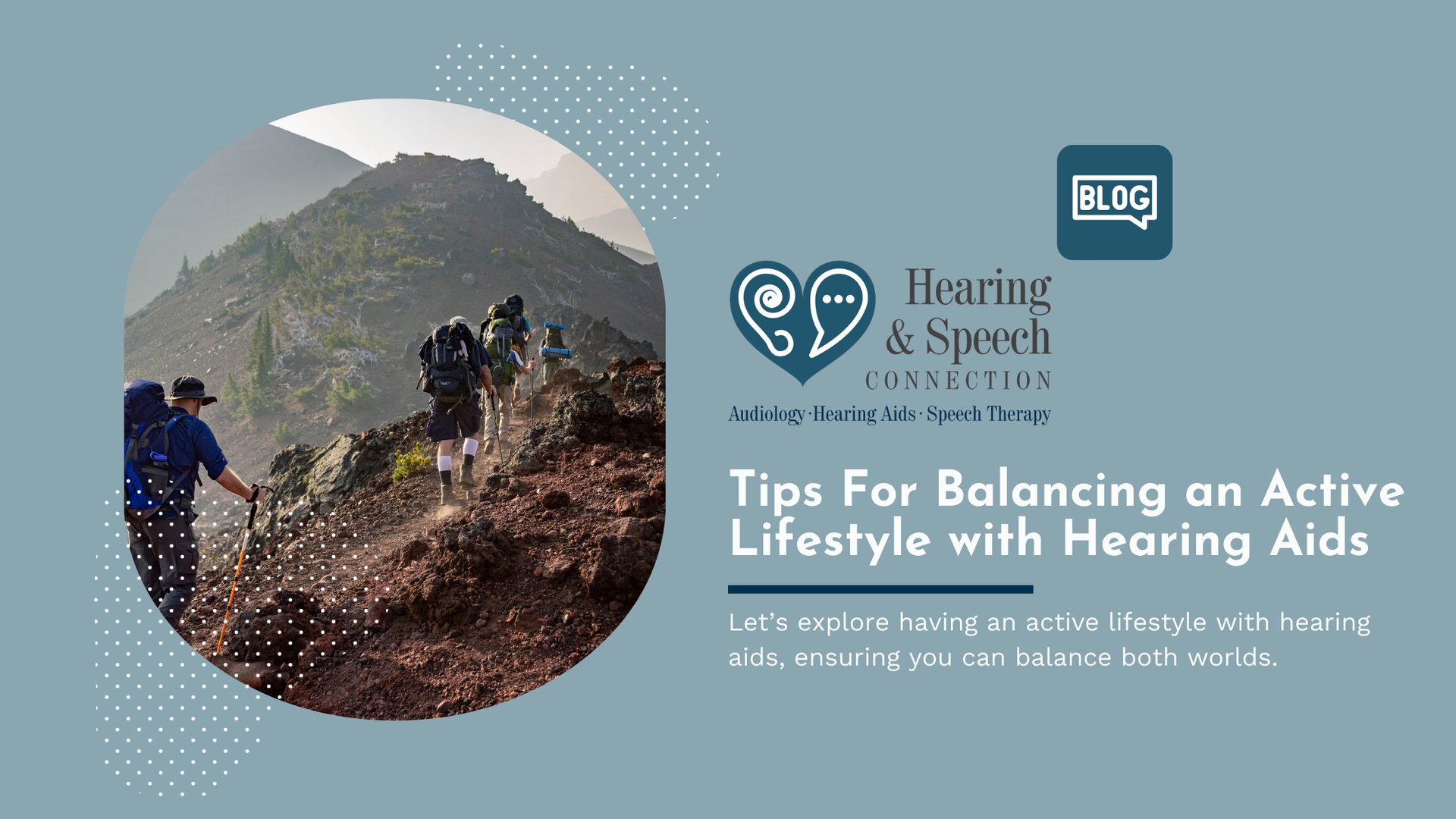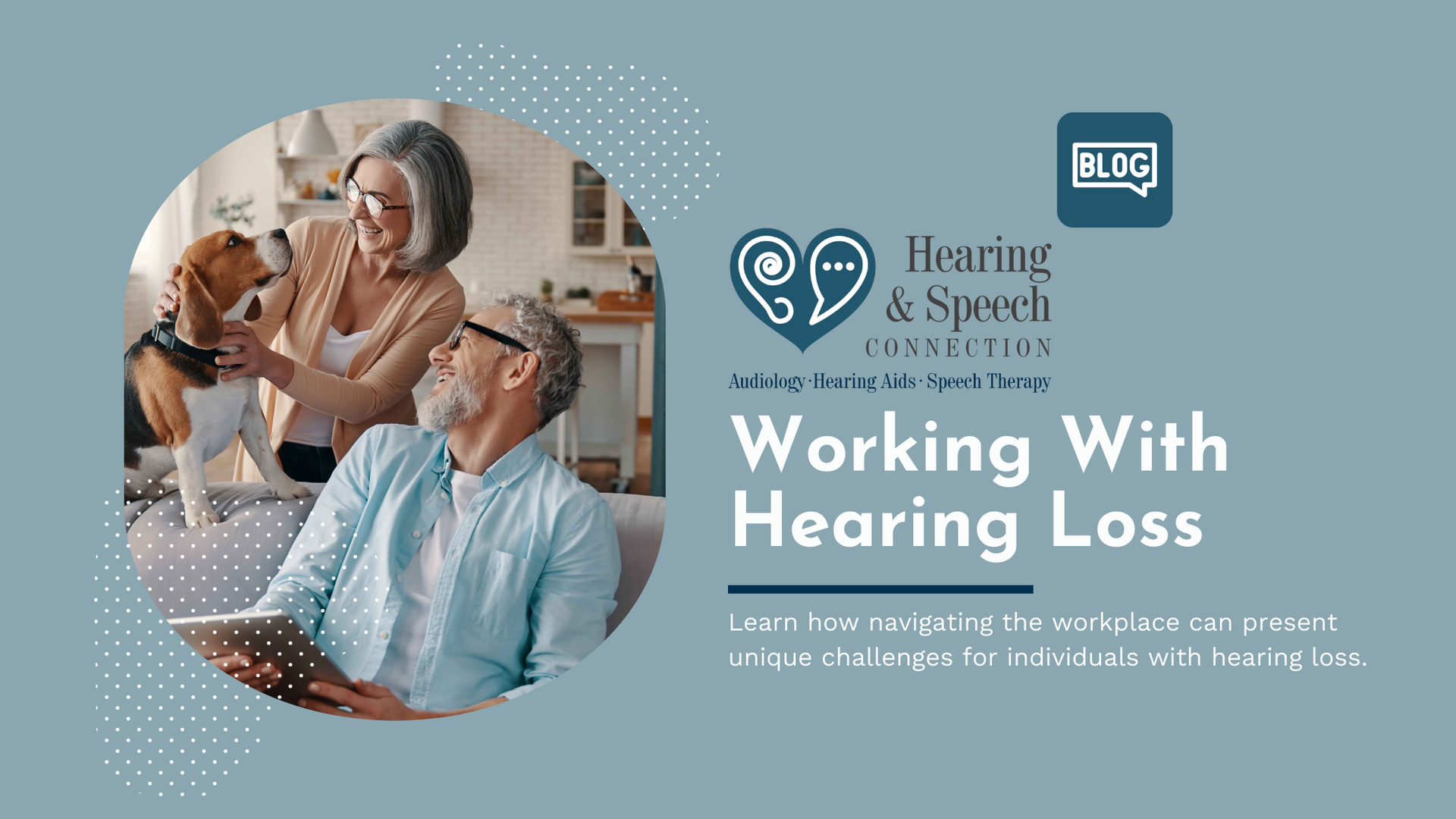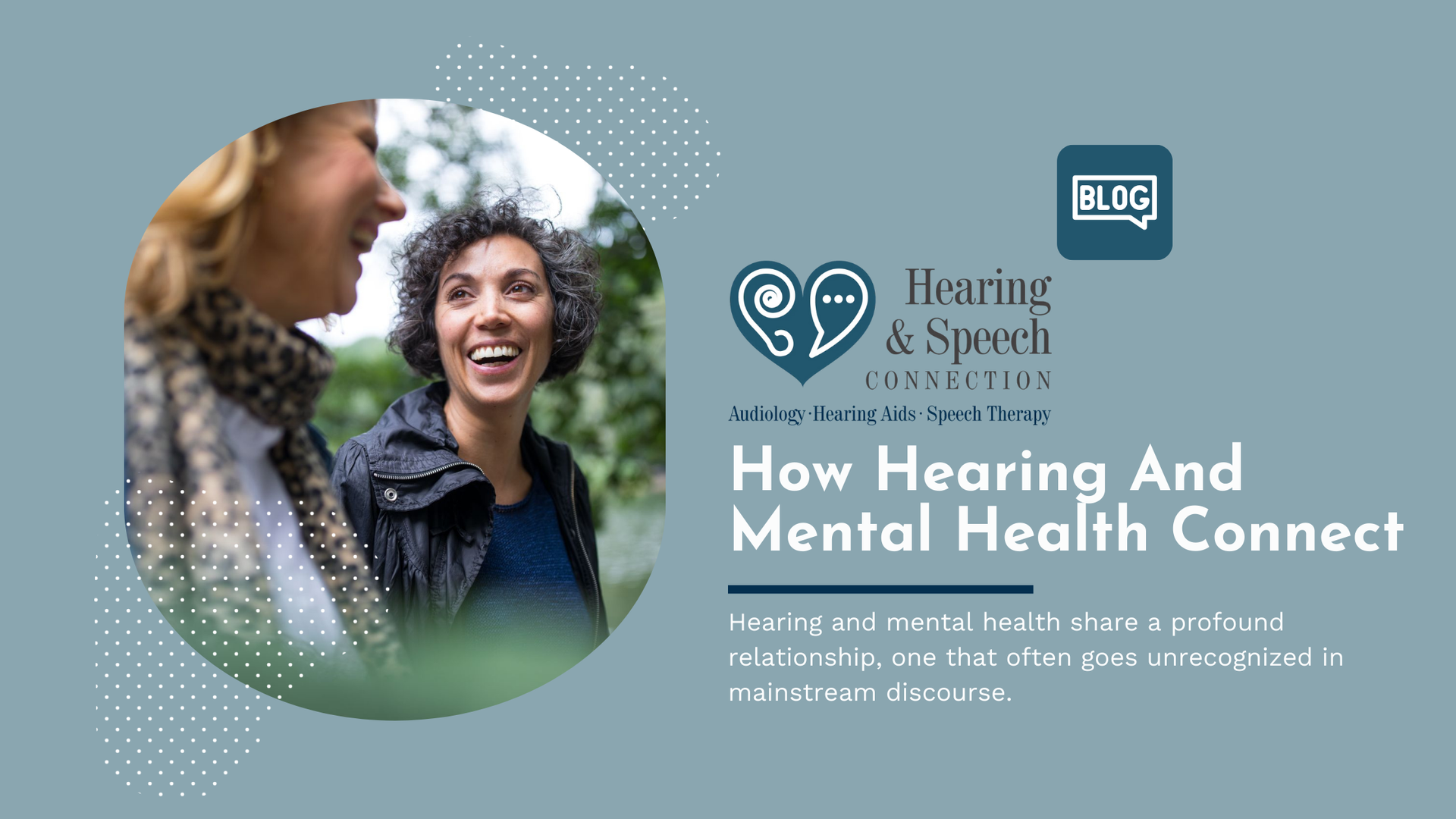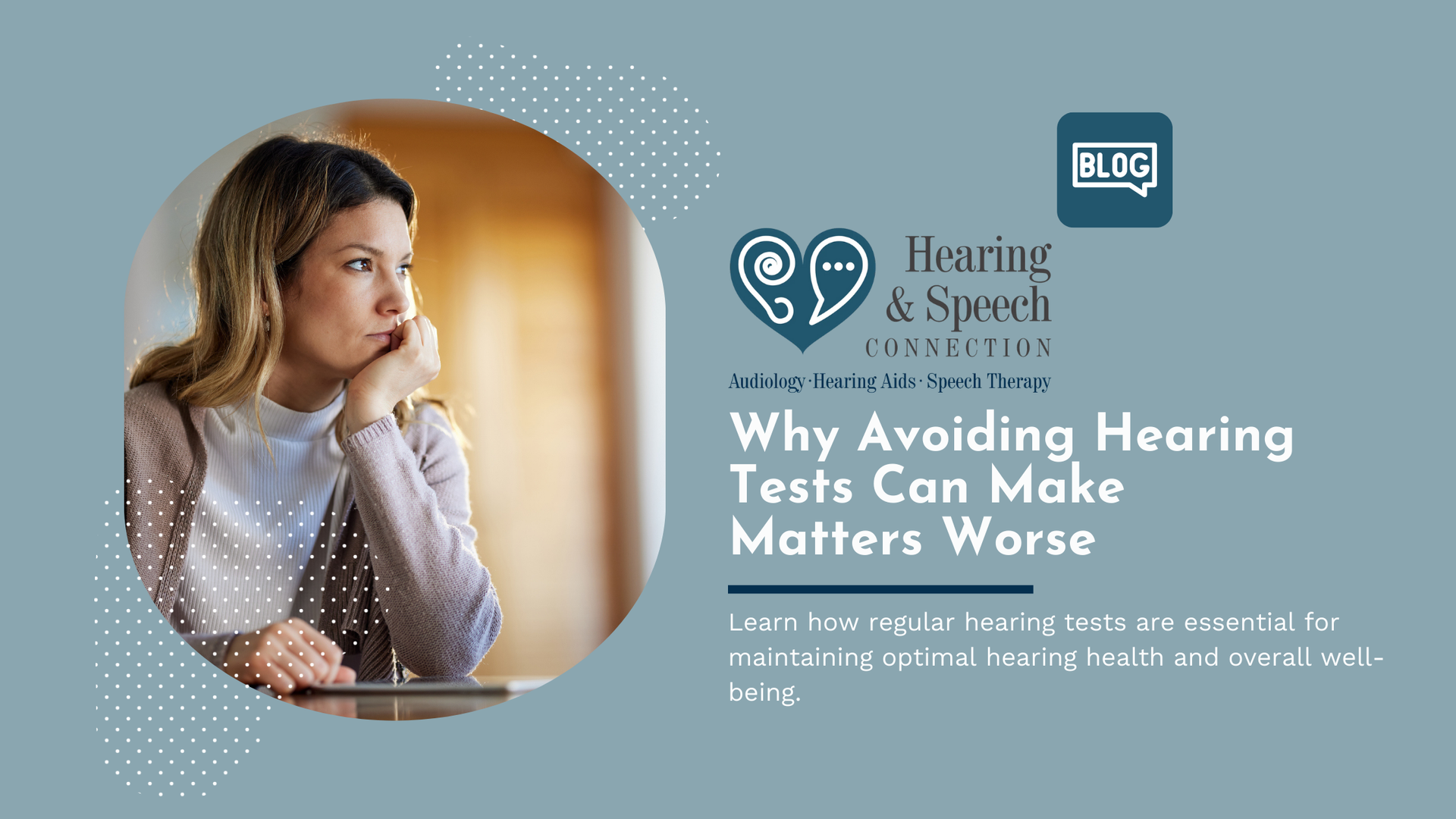Avoiding Hearing Tests Could Make the Problem Much Worse
Did you know that hearing loss is the third most common chronic medical condition people experience today? Impacting over 48 million people, hearing loss is likely much more common than you think. Though it is pervasive, hearing loss loss remains underdiagnosed and undertreated. In fact, it takes an average of 7 years from the onset of symptoms for people to address these changes to their hearing health. Avoiding treatment can have significant outcomes on health, wellness, and daily life. Acknowledging the reality of hearing loss can be challenging by delaying getting a test can make the problem much worse.
Impact of Avoiding Hearing Loss Treatment
People typically assume that hearing loss only impacts hearing and that if one can still hear, it isn’t too serious. But one’s capacity to hear is connected with countless functions that we perform throughout the day. It is also an essential way we navigate daily life and all the spaces and interactions we move through. Hearing loss that remains untreated can have major consequences on overall health. Extensive research actually shows that untreated hearing loss increases the risk of:
- Cognitive Decline: numerous studies show a link between untreated hearing loss and cognitive decline. Studies show that people with hearing loss can be more than twice as likely to experience cognitive decline and associated conditions like Alzheimer’s. This highlights that hearing loss not only happens in the ears but also the brain. Impaired hearing results in less auditory information that the brain receives which can then affect the brain in a few ways. This includes making the areas responsible for speech and language comprehension less active. These areas can shrink and be rendered more inactive which contributes to decline.
- Depression: a common effect of hearing loss is social withdrawal. Hearing loss symptoms make conversations tough to engage in which can lead to people avoiding them entirely. This can look like skipping on social events and gatherings, spending less time with loved ones, avoiding hobbies and favorite activities etc. Social withdrawal results in isolation which increases the risk of depression and developing depressive symptoms. Studies have shown that people with hearing loss can be more than twice as likely to experience depression.
- Accidental Injuries: another outcome of untreated hearing loss is its impact on safety. Reduced capacity to hear often means that people are less in tune with their environment and everything in it. This increases the chances of not hearing hazards and warnings (honks, sirens, voices etc.) which can contribute to experiencing accidental injuries. Studies have shown that people with hearing loss were nearly three times more likely to have a history of falling.
Untreated hearing loss can also strain relationships, impact work performance, and overall wellness. These outcomes can be prevented by seeking treatment which begins by having your hearing tested.
What to Expect from a Hearing Test
Fortunately, having your hearing tested is painless and noninvasive. Knowing what you can expect from a hearing test can help alleviate any nervousness you may feel about it. Hearing tests consist of the following:
- Intake: this includes getting to know your hearing health history, concerns, and symptoms you’ve been experiencing. You will also discuss lifestyle factors that can impact hearing health – work environments, hobbies, daily activities etc.
- Ear exam: your hearing healthcare provider will then physically inspect your ears using an otoscope – an instrument designed to examine the ears. They will be checking for anything that could be contributing to your symptoms. This includes physical obstructions like accumulated ear wax, growths, ear infections etc. These factors can block soundwaves from traveling through the ear.
- Hearing test: one of the most common tests – pure tone audiometry – consists of wearing headphones and listening to sounds played at different pitches and frequencies. You will be asked to indicate what you can hear and your results will be captured in real time.
- Results: your hearing healthcare provider will walk you through your results which are shown on an audiogram – a graph that shows your hearing abilities for each ear. The specifics of your results will inform the treatment options that will best meet your hearing needs.
Your hearing healthcare provider will also help you navigate your hearing aid options. Depending on the device you select, they may take impressions of your ears to customize your hearing aid. You will also likely schedule your follow-up appointment which is a hearing aid fitting.
Contact us to schedule an appointment for a hearing test. We look forward to learning more about your hearing needs and helping you prioritize your hearing health and wellness.
The post Avoiding Hearing Tests Could Make the Problem Much Worse appeared first on Hearing Connection.




